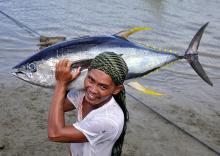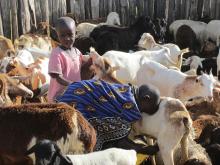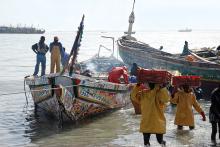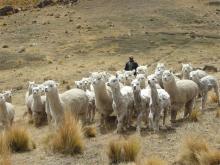Land Library
Welcome to the Land Portal Library. Explore our vast collection of open-access resources (over 74,000) including reports, journal articles, research papers, peer-reviewed publications, legal documents, videos and much more.
/ library resources
Showing items 1 through 9 of 19.La tierra un recurso en disputa Instituciones, actores y procesos en Argentina, Colombia, Perú y Venezuela.
El libro expone historias que incomodan de muchas maneras. Incomoda el mismo título que lleva el trabajo.
La publicación aborda tres aspectos centrales de la problemática actual de la tierra en Paraguay: una aproximación a la demanda existente de tierras por parte de la población campesina e indígena, las políticas públicas relacionadas al acceso a la tierra, y finalmente, aspectos fundamentale
El Observatorio del Cambio Rural (OCARU), en diálogo con organizaciones campesino e indígenas, elaboró esta cartilla de discusión, como una herramienta que contribuya al debate crítico sobre los cambios en la normativa, el modelo y los actores del mundo rural.
For a long time, the agricultural policies of the Mercosur states ignored family farming, focusing on promoting individual crops and export production instead. Rural development was not on the agenda. Only after the turn of the millennium did a process of rethinking set in.
Agricultural development has moved up the agenda. Today it has not only to reduce poverty and hunger, but also become environmentally sustainable and climate smart. Disputes over agricultural policies are highly visible, but consensus exists on fundamentals for growth.
The basic role for agricultural policies consists of providing the core investments and services that farmers need to develop their operations into viable farm businesses.
Policy-makers often lack information and analytical capacity to effectively monitor how policies impact on different stakeholders. The MAFAP initiative of the Food and Agriculture Organization seeks to bridge this gap.
The changes in global agricultural markets over the past decade have major implications on agricultural policy. What are the challenges and opportunities for development-oriented agricultural policy-making?









